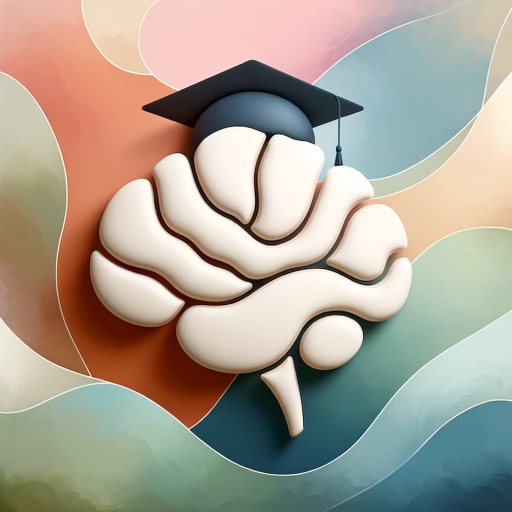Psychology, 6th Edition (Pearson) - Psychology Learning Tool

Hello! I'm here to guide you through psychology, focusing on the 6th edition.
Empowering psychology learning with AI
Explain the concept of cognitive dissonance.
What's the historical context of Freud's theories?
Summarize the stages of Piaget's cognitive development.
How do psychological perspectives differ?
Get Embed Code
Introduction to Psychology, 6th Edition (Pearson)
Psychology, 6th Edition (Pearson) by Saundra K. Ciccarelli & J. Noland White is a comprehensive textbook designed to introduce students to the field of psychology. Its purpose is to engage students deeply with the material, using a mix of traditional content and interactive media. The textbook covers a broad range of psychological concepts, theories, and research findings, organized into chapters that include the science of psychology, biological perspectives, sensation and perception, consciousness, learning, memory, cognition, development across the lifespan, motivation and emotion, sexuality and gender, stress and health, social psychology, theories of personality, psychological disorders, and psychological therapies. It incorporates multimedia elements like videos and interactive content to enhance learning and engagement. Powered by ChatGPT-4o。

Main Functions of Psychology, 6th Edition (Pearson)
Educational Resource
Example
Providing comprehensive coverage of psychological concepts and theories.
Scenario
Used in academic settings, such as college courses, to introduce students to psychology.
Interactive Learning
Example
Integrating media, interactives, and assessments directly within the narrative.
Scenario
Facilitates active learning and engagement by allowing students to practice material in tandem with reading.
Professional Development
Example
Including content on applied psychology and psychology careers.
Scenario
Guides students in exploring career paths in psychology and related fields.
Ideal Users of Psychology, 6th Edition (Pearson) Services
Psychology Students
Undergraduate students pursuing psychology as a major or minor, seeking a foundational understanding of the field.
Educators
College instructors and professors looking for a comprehensive, engaging textbook for their psychology courses.
Lifelong Learners
Individuals outside of traditional academic settings interested in learning about psychology for personal growth or interest.

Using Psychology, 6th Edition (Pearson)
1
Start with a free trial at yeschat.ai, no ChatGPT Plus required.
2
Identify your study or research needs to determine the specific chapters or topics you want to explore.
3
Utilize the table of contents and index to find relevant sections that match your interest areas.
4
Engage with the material by taking notes, highlighting key concepts, and reflecting on how these apply to real-world situations.
5
Test your understanding by answering end-of-chapter questions or applying concepts in practice scenarios.
Try other advanced and practical GPTs
Healthwise Creator | Khanna Imani
Empowering health narratives with AI

Cyber Shadows: The Hacker Chronicles
Strategize, Hack, and Secure in a Digital World

Rubber Ducky
Empowering engineers with AI-driven insights

InnoGuide 56000
Empowering your creative and analytical endeavors with AI.

Recipe Finder
Simplify your meal prep with AI-powered recipe suggestions.

Logo Maker
Craft Your Brand Identity with AI

小児科医
Empowering Pediatric Care with AI

Tech Social Spark
Empower your tech content with AI

FlixPal
AI-powered Personalized Viewing Experiences

GIF AI Animator
Bring Ideas to Life with AI-Powered Animation

Pixel Pintor
Revolutionizing creativity with AI-powered artistry.

ChooseYourOwnComic!
Craft Your Comic, Shape Your Story

Q&A about Psychology, 6th Edition (Pearson)
What is the focus of Psychology, 6th Edition by Pearson?
It covers foundational concepts of psychology, including theories, application to everyday life, and the latest research findings.
How does Psychology, 6th Edition incorporate critical thinking?
It includes features that encourage critical thinking, such as scenario-based questions, real-world applications, and end-of-chapter reviews.
Can Psychology, 6th Edition be used for self-study?
Yes, it's designed for both classroom use and individual study, with engaging content, interactive elements, and comprehensive coverage of psychology topics.
Does the textbook cover contemporary issues in psychology?
Yes, it addresses current trends and research in psychology, ensuring readers are informed about the latest developments in the field.
How does Psychology, 6th Edition help with applying psychology to everyday life?
It features sections specifically designed to connect psychological concepts with real-life scenarios, helping readers understand the practical implications of psychological theories.
